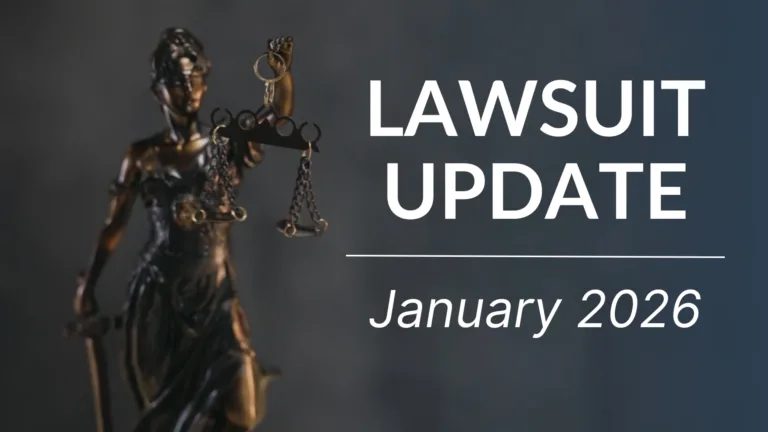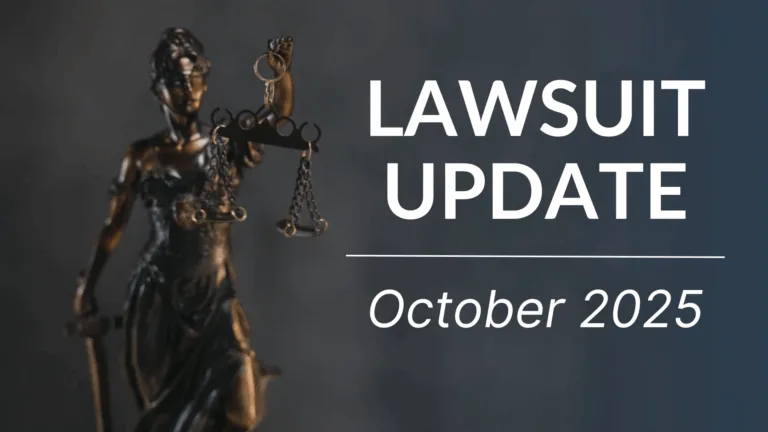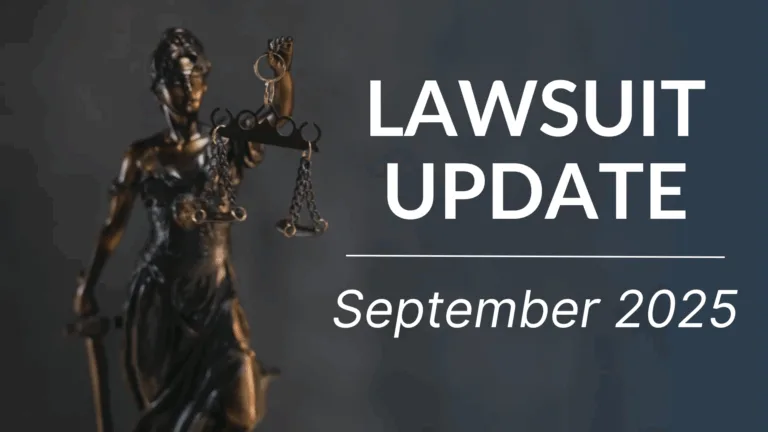
LabCorp v. Davis: What the Supreme Court’s Move Means for Accessibility Rights in California
In an important development for disability rights and access to healthcare, the United States Supreme Court has dismissed LabCorp v. Davis, a class action brought by Californians with visual impairments who alleged that LabCorp’s self-service kiosks were inaccessible and discriminatory.
The dismissal allows the class action, originally certified by a federal court in California, to move forward. This outcome is significant for individuals with disabilities across the state and for anyone who relies on equitable access to medical services.
Background: Why the Case Was Filed
In recent years, many healthcare providers have introduced automated check-in systems. For some patients, these systems offer convenience. For others—particularly individuals who are visually impaired—they can present a significant barrier to care.
In LabCorp v. Davis, Californians with visual disabilities filed a lawsuit under the Americans with Disabilities Act and the Unruh Civil Rights Act. The plaintiffs argued that LabCorp’s touchscreen kiosks were not designed to be accessible, which prevented them from independently checking in for appointments, violating their right to equal service.
While staff assistance was sometimes available, the kiosks were presented as the primary method of check-in. Their inaccessibility resulted in unequal treatment and created a significant disadvantage for those with vision-related disabilities.
What Just Happened at the Supreme Court
In 2022, a federal court in California certified a class of individuals with visual impairments who had used LabCorp’s services. LabCorp appealed the decision, and in 2024, the Supreme Court agreed to review the case. However, in June 2025, the Court dismissed the matter without issuing a decision.
This means the lower court’s certification of the class remains in effect, allowing the group of affected individuals to continue pursuing their claims collectively.
Click here to review the LabCorp v. Davis United States Supreme Court Docket and Opinion Documents.
Why This Matters to Californians
Thousands of Californians use LabCorp and similar providers for routine and urgent healthcare. For individuals with vision-related disabilities, the inability to use standard check-in technology can result in exclusion, delays, or a loss of dignity.
This case raises important questions for patients and families throughout the state:
- How technology can unintentionally exclude individuals when accessibility is not part of the design process
- How federal and state laws provide tools to address this kind of exclusion
- Why class actions are sometimes the only practical way for consumers to seek meaningful change or legal remedies
Understanding Your Rights
If you or someone you know has experienced difficulty using self-service kiosks due to a vision-related disability, it is important to understand that both federal and California laws are in place to protect your rights.
These laws require public-facing businesses to provide services that are accessible to everyone, including individuals with disabilities. When businesses fail to do this, affected individuals may have grounds to pursue legal action to ensure fair access and equal treatment.
Looking Ahead
The Supreme Court’s decision not to weigh in on the procedural question leaves some legal issues unresolved, but it allows this specific group of Californians to continue seeking justice. This outcome reinforces the importance of accessibility and the continued relevance of disability rights protections under the law.
As more service providers implement digital or automated systems, it is essential that accessibility remains a priority. Individuals should not be left out or forced to rely on assistance simply because technology was not designed with their needs in mind.
This case is still ongoing, and its outcome may influence how other companies throughout California and beyond adapt their practices to comply with disability access requirements.



